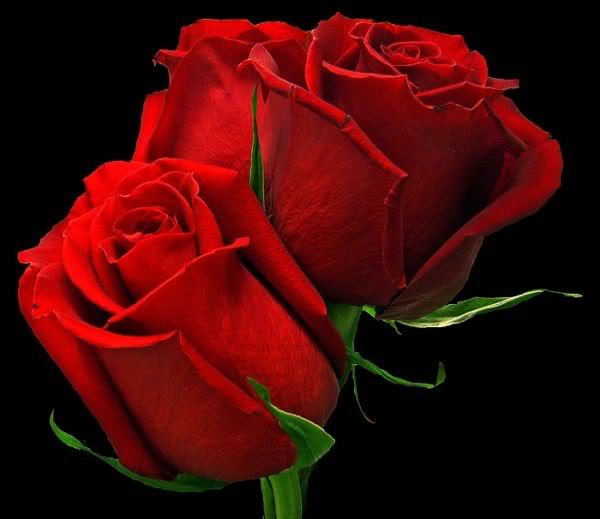Singer, jazz vocalist. Born Eleanora Fagan on April 7, 1915, in Philadelphia, Pennsylvania.
(Some sources say Baltimore, Maryland. Her birth certificate reportedly reads "Elinore Harris.") One of the most influential
jazz singers of all time, Billie Holiday had a thriving career for many years before her battles with substance abuse got
the better of her.
Holiday spent much of her childhood in Baltimore, Maryland. Her mother, Sadie, was only
a teenager when she had her. Her father is widely believed to be Clarence Holiday, who eventually became a successful jazz
musician, playing with the likes of Fletcher Henderson. Unfortunately for Billie, he was only an infrequent visitor in her
life growing up. Sadie married Philip Gough in 1920 and for a few years Billie had a somewhat stable home life. But that marriage
ended a few years later, leaving Billie and Sadie to struggle along on their own again. Sometimes Billie was left in the care
of other people.
Holiday started skipping school, and she and her mother went to court over Holiday's truancy.
She was then sent to the House of Good Shepherd, a facility for troubled African American girls, in January 1925. Only 9 years
old at the time, Holiday was one of the youngest girls there. She was returned to her mother's care in August of that year.
According to Donald Clarke's biography, Billie Holiday: Wishing on the Moon, she returned there in 1926 after she had been
sexually assaulted.
In her difficult early life, Holiday found solace in music, singing along to the records
of Bessie Smith and Louis Armstrong. She followed her mother who had moved to New York City in the late 1920s and worked in
a house of prostitution in Harlem for a time. Around 1930, Holiday began singing in local clubs and renamed herself "Billie"
after the film star Billie Dove.
At the age of 18, Holiday was discovered by producer John Hammond while she was performing
in a Harlem jazz club. Hammond was instrumental in getting Holiday recording work with an up-and-coming clarinetist and bandleader
Benny Goodman. With Goodman, she sang vocals for several tracks, including her first commercial release "Your Mother's Son-In-Law"
and the 1934 top ten hit "Riffin' the Scotch."
Known for her distinctive phrasing and expressive, sometimes melancholy voice, Holiday
went on to record with jazz pianist Teddy Wilson and others in 1935. She made several singles, including "What a Little Moonlight
Can Do" and "Miss Brown to You." That same year, Holiday appeared with Duke Ellington in the film Symphony in Black.
Around this time, Holiday met and befriended saxophonist Lester Young, who was part of
Count Basie's orchestra on and off for years. He even lived with Holiday and her mother Sadie for a while. Young gave Holiday
the nickname "Lady Day" in 1937—the same year she joined Basie's band. In return, she called "Prez," which was her way
of saying that she thought it was the greatest.
Holiday toured with the Count Basie Orchestra in 1937. The following year, she worked with
Artie Shaw and his orchestra. Holiday broke new ground with Shaw, becoming one of the first female African American vocalists
to work with a white orchestra. Promoters objected to Holiday—for her race and for her unique vocal style—and
she ended up leaving the orchestra out of frustration.
